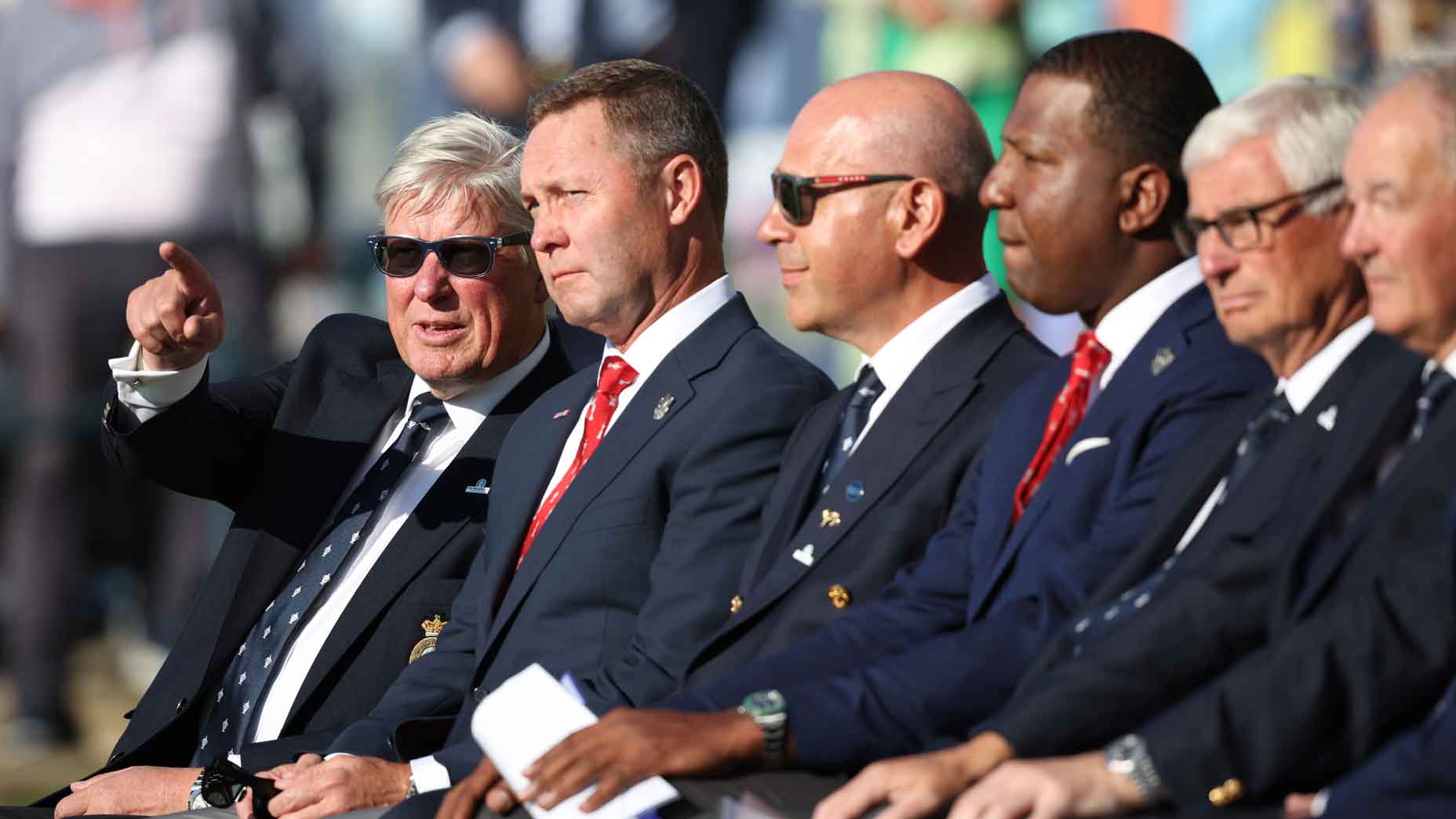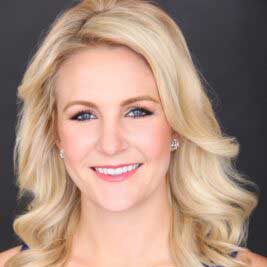“Drive and joy is an unbeatable combination in life, in my opinion,” Michael Bamberger says in the latest episode of GOLF Originals, “and I think Mike Whan exhibits that.”
The spotlight is on Whan, the USGA’s CEO since 2021, in the latest installment of Bamberger’s interview series. Whan has long held a reputation as a fun, dynamic personality, which Bamberger notes is something the USGA needed in the person holding the governing body’s most front-facing role.
The two spent the day at Palm Valley Golf Club in Ponte Vedra Beach — a bargain tee time, at only $18. They were joined by a retired schoolteacher named Louise, a Palm Valley regular.
Bamberger and Whan’s conversation covered a multitude of topics, from Whan’s early life and career to his roles as LPGA Commissioner and USGA CEO. At one point during the round, Bamberger asked Whan which of golf’s rules he’d like to change. Whan demurred, but his response provided an illuminating look at how rule changes are made at the game’s highest level.
“I had this conversation with a PGA Tour player once, and he said, ‘You know, if we did rules’ and I said, ‘Yeah, curious, if you did rules, what would you do?’” Whan said. “And he goes, ‘What do you mean?’ I said, ‘Well, you’d probably bring together talented rules people from all over, right? LPGA, PGA, Korn Ferry, and then you’d have some players there.’ He was, ‘Yeah, that’s what we do.’ And I think, ‘That’s what we do.’ I said that we don’t sit in a room with four USGA people and make a rule. We’ve got people from all different tours on that, people from all different parts of the world.
“And it is pretty awe-inspiring to sit in and listen to the process,” Whan continued. “Because people think about a rule change and don’t think about the implications of the other parts of the game, and they do. They’ve walked through it all.”
Bamberger then suggested a rule change of his own, making white OB stakes play like red-stakes lateral hazards, instead of requiring and stroke and distance penalty.
“Having sat in some of those cases, you just wouldn’t want to create an unfair advantage for somebody who hits a good drive,” Whan said. “You know, where you have people start taking lines on a hole because the because the penalty is not bad.”
For more from Bamberger and Whan, including Whan’s thoughts on the most challenging parts of his job, check out the full episode of GOLF originals above.


